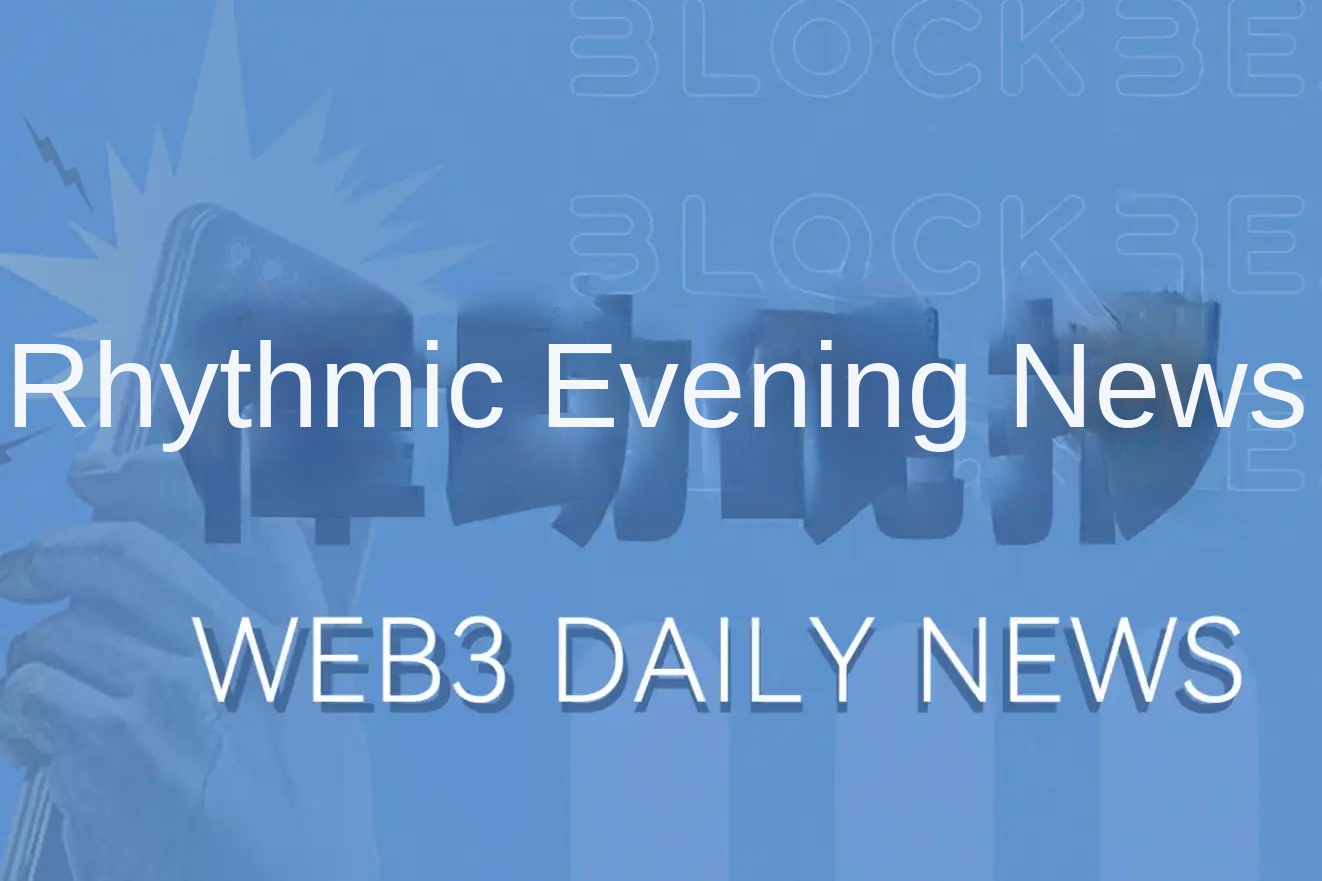Sam Altman's latest article: In a few thousand days, humans may enter the era of super intelligence
Original title: The Intelligence Age
Original author: Sam Altman, Open AI CEO
Original translation: Academic Jun
Editor's note: At present, general artificial intelligence (AGI) is a goal that many large model companies at home and abroad are competing to achieve. This is a hypothetical technology that can be comparable to human intelligence in performing many tasks without special training. In contrast, superintelligence goes beyond general artificial intelligence. It can be regarded as a hypothetical level of machine intelligence that can significantly surpass humans in any intellectual task.
Early this morning, OpenAI CEO Sam Altman outlined his vision for future technological progress and global prosperity driven by artificial intelligence in a personal blog post titled "The Intelligence Age".
The article paints a picture of artificial intelligence (AI) accelerating human progress, and he believes that "superintelligence" may appear in the next few thousand days.
“We could have superintelligence (ASI) in a few thousand days (!); maybe longer, but I believe we’ll get there,” he writes.
He believes AI models will soon become autonomous personal assistants that perform specific tasks on our behalf, like coordinating medical care for you. Someday, AI systems will become so good that they’ll help us make better next-generation systems and make advances in science overall.
He attributes what he describes as the next great leap in human society’s prosperity to deep learning, writing that “deep learning works, and it predictably gets better as it scales, and we’re throwing more and more resources at it.”
Altman argues that if we want to get AI into the hands of as many people as possible, we have to make computing cheaper and more plentiful (which requires lots of energy and chips). If we don’t build enough infrastructure, AI will become a very limited resource that people will fight over, and AI will become primarily a tool for the rich.
Of course, no one can really predict the future of AI, and despite being criticized, as CEO of OpenAI, Altman has probably seen advances in AI that are not yet widely known to the public. So even if a fairly broad timeline is given, the statement is of concern.
In fact, not everyone is as optimistic and enthusiastic as Altman. Computer scientist Grady Booch wrote on X: "I am very tired of all the AI hype: it has no basis in reality and is just to inflate valuations, incite the public, grab headlines, and distract from the real work going on in the computer field."
"People are born with the desire to create and use each other, and artificial intelligence will allow us to amplify our abilities unprecedentedly." Altman wrote in the article, "Many of the jobs we do today would have seemed like a waste of time to people hundreds of years ago, but no one would look back and wish they were a lamplighter."
Academic Headlines has made a simple translation without changing the original meaning.
The content is as follows:
The Age of Intelligence
In the next few decades, we will be able to do things that seemed like magic to our ancestors.
This phenomenon is not new, but it will accelerate. People’s capabilities have increased dramatically over time; we can now do things that our ancestors thought impossible.
We are more capable not because of genetic changes, but because we benefit from the infrastructure of society, which is smarter and more capable than any of us; in an important sense, society itself is a kind of advanced intelligence. Our ancestors—and those before them—created and accomplished great things. They contributed to human progress, and we all benefit from it. AI will give humans the tools to solve difficult problems, helping us add new pillars to the scaffolding that we could not solve on our own. The story of progress will continue, and our descendants will be able to do things that we cannot do.
It won’t happen overnight, but we’ll soon be able to work with AI that can help us accomplish more than we could without it; eventually, each of us will have a personal AI team of virtual experts in different fields, working together to create almost anything we can imagine. Our children will have virtual tutors who can provide personalized instruction in any subject, in any language, at any speed. We can imagine similar ideas improving healthcare, creating any software one can imagine, and more.
With these new capabilities, we can achieve shared prosperity that seems unimaginable today; a future where everyone will be better off than they are today. Prosperity itself will not necessarily make people happy—there are many miserable rich people—but it will improve the lives of people all over the world.
We can look at human history in a narrow sense: after thousands of years of scientific discovery and technological progress, we have learned how to melt sand, add some impurities, arrange it into computer chips with amazing precision and at an ultra-small scale, run energy through it, and ultimately form systems that can create increasingly powerful artificial intelligence.
This may be the most important fact in all of history so far. It is possible that we will have superintelligence in a few thousand days (!); it may take longer, but I believe we will get there.
How did we achieve the next leap in prosperity?
Three words: deep learning works.
To sum it up in 15 words: Deep learning works, and it predictably gets better as it scales, and we’re throwing more and more resources at it.
That’s it; humans have discovered an algorithm that can truly learn any data distribution (or, rather, the underlying “rules” that produce any data distribution) to an astonishing degree of accuracy, and the more compute and data available, the more it can help people solve tough problems. I find that no matter how much time I spend thinking about this, I can’t really comprehend how important it is.
We still have a lot of details to work out, but it would be a mistake to get hung up on any particular challenge. Deep learning works, and we’ll solve the rest. There’s a lot we can say about what might come next, but the main point is that AI will get better as it scales, and that this will bring meaningful improvements to the lives of people around the world.
AI models will soon become autonomous personal assistants that perform specific tasks on our behalf, like coordinating medical care for you. Someday in the future, AI systems will become so good that they will help us make better next-generation systems and make overall progress in science.
Technology took us from the Stone Age to the Agricultural Age and then to the Industrial Age. From here, the road to the Intelligent Age is paved with computing, energy, and human will.
If we want to put AI in the hands of as many people as possible, computing must become cheaper and abundant (which requires a lot of energy and chips). If we don't build enough infrastructure, AI will become a very limited resource that people will fight over, and AI will become primarily a tool for the rich.
We need to act wisely and firmly. The advent of the intelligent age is a major development, with very complex and extremely serious challenges. It will not be an entirely positive story, but its positive implications are so great that we owe it to ourselves and the future to come up with ways to deal with the risks before us.
I believe that the future will be so bright that no one can describe it now; a distinctive feature of the intelligent age will be massive prosperity.
Although this will all happen gradually, astonishing victories - restoring the climate, establishing space colonies, and discovering all of physics - will eventually become commonplace. With nearly infinite wisdom and abundant energy - the ability to generate great ideas and the ability to realize them - we can do a lot.
As we have seen with other technologies, artificial intelligence will also have drawbacks, and we need to work from now on to maximize the advantages of artificial intelligence while minimizing its harms. For example, we expect this technology to bring major changes to the labor market in the coming years (both good and bad), but most jobs will change more slowly than most people think, and I’m not worried that we’ll run out of jobs to do (even if they don’t feel like “real jobs” today). People have an innate desire to create and exploit each other, and AI will allow us to amplify our abilities like never before. As a society, we will return to an ever-expanding world where we can once again focus on playing positive-sum games.
Many of the jobs we do today would have seemed like time-wasting chores to people hundreds of years ago, but no one would look back and wish they had been a lamplighter. If a lamplighter could see the world today, he would find the prosperity around him unimaginable. If we could fast forward a hundred years from today, the prosperity around us would also seem unimaginable.
Welcome to join the official BlockBeats community:
Telegram Subscription Group: https://t.me/theblockbeats
Telegram Discussion Group: https://t.me/BlockBeats_App
Official Twitter Account: https://twitter.com/BlockBeatsAsia
 Forum
Forum OPRR
OPRR Finance
Finance
 Specials
Specials
 On-chain Eco
On-chain Eco
 Entry
Entry
 Podcasts
Podcasts
 Data
Data

 Summarized by AI
Summarized by AI







